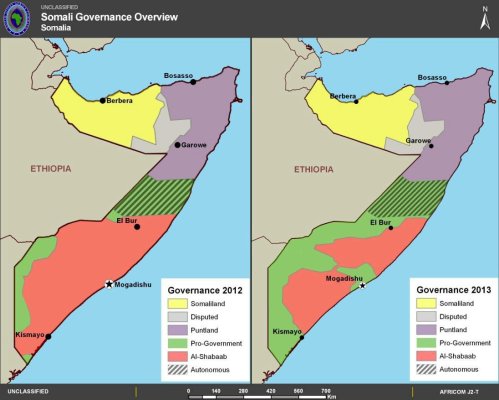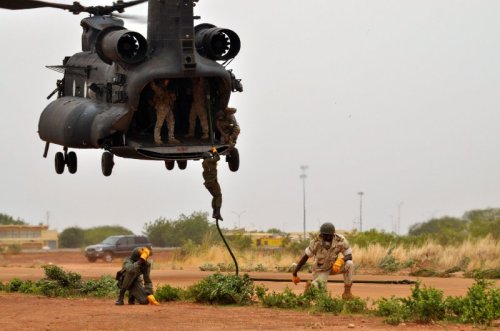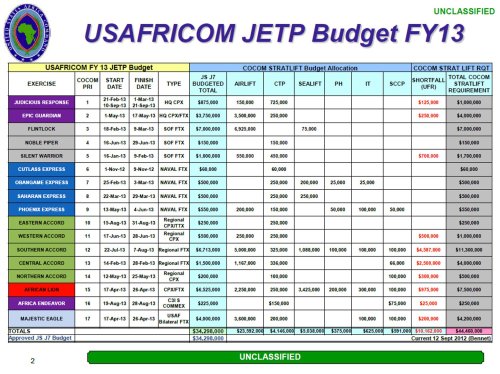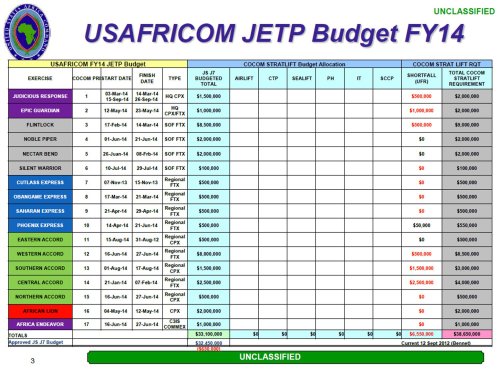The Washington Post reported today that this past October, the US military deployed advisory personnel to Somalia to assist in the development of the national security forces and coordinate with African peacekeepers currently in the country. This represents a logical expansion of the US effort with regards to Somalia. The United States already provides significant assistance to African forces deploying in support of the African Union Mission in Somalia (AMISOM) as part of the Africa Contingency Operations Training and Assistance (ACOTA) program and others. ACOTA is managed by the US Department of State with help from the Department of Defense.
However, the deployment is notable given the stand-off approach the US has favored following participation in UN peacekeeping operations in the country in the early 1990s. The US experience in Somalia was decidedly negative, even beyond the relatively well known “Black Hawk Down” incident in October 1993. Since then, the US has preferred to use airstrikes, including strikes by AC-130 gunships and unmanned aerial vehicles, as well as raids by special operations forces. In the last decade or so, unmanned aerial vehicles operating over Somalia have said to have been based in Djibouti, Ethiopia, and Kenya. This past October saw both a special operations raid, which was aborted, and a drone strike, both directed at the terrorist group Al-Shabaab. In addition, it has been reported that the US Central Intelligence Agency has been funding nominally pro-government warlords and pursuing other activities to help in this effort.

Map released by AFRICOM in its 2013 posture statement showing governance in Somalia in 2012 and 2013.
The two successive UN missions provided results that were themselves inconclusive at best and did not dramatically improve the landscape for the Somali people. Many of the same issues that complicated those missions in the 1990s remain factors for operations today as Ethiopian and Kenyan forces have learned in the last decade. While Ethiopian troops have long since withdrawn from the country, Kenya remains one of the primary contributors to AMISOM. There have also been reports of Kenyan support for warlords in a semi-autonomous region in the south of the country, called Jubaland.
Though Somali government and international forces had significant success against Al-Shabaab between 2012 and 2013, the group experienced a certain resurgence in the past year. As a result violence and international attention have again shifted to the country. In November, the UN authorized a significant expansion of the AMISOM force, which operates under a UN mandate. AMISOM also began planning a new offensive against Al-Shabaab and just today Kenya announced that it had conducted an airstrike against militants near the tri-border area between Somalia, Kenya, and Ethiopia. It is likely that any new effort against Al-Shabaab in Somalia is benefiting at least in some part from US supplied intelligence, which is likely one of the main reasons for establishing a formal US military presence on the ground in the country.


